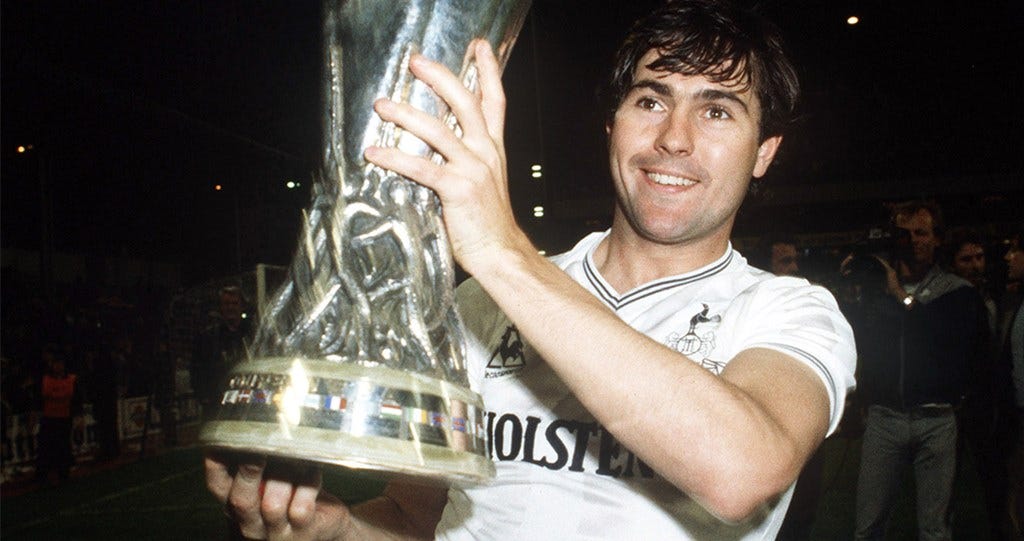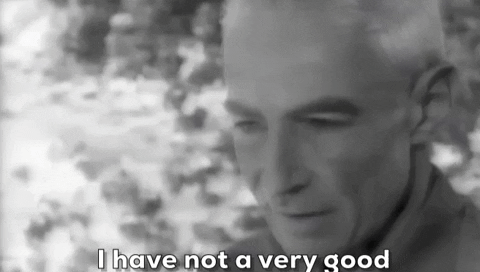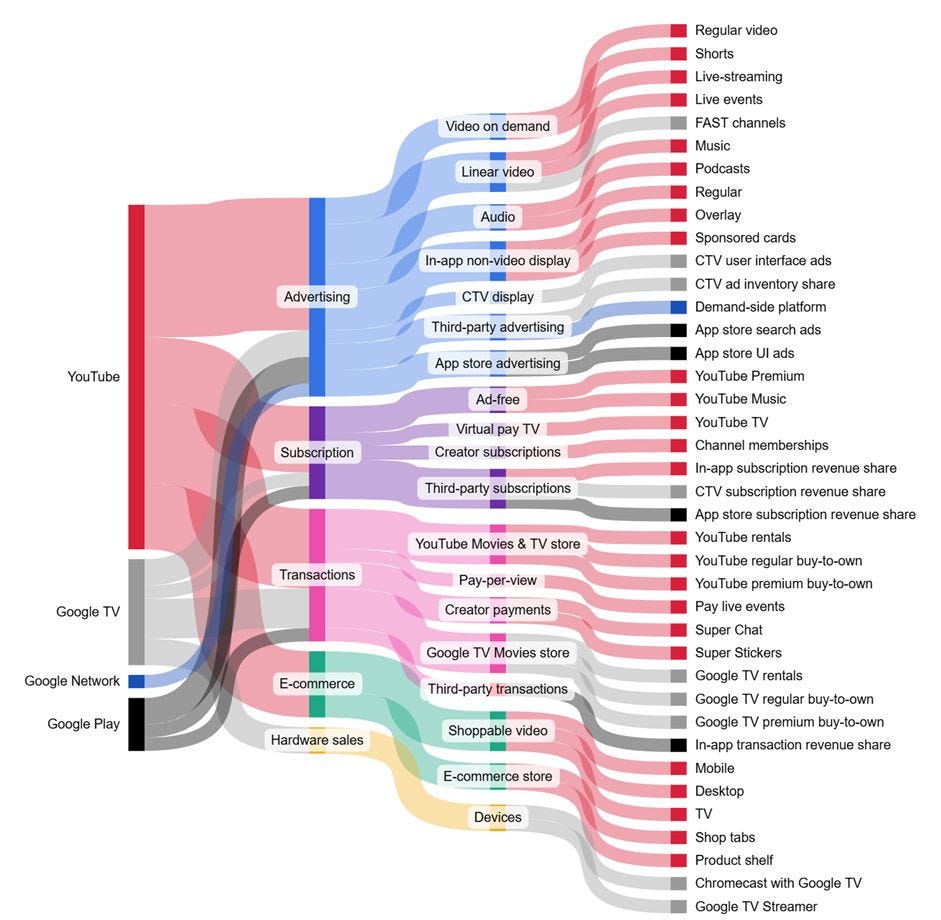Thursday 19th June, Central London venue to be announced shortly. (Epic btw)
Doors open 6.30pm
Tickets = Hot Cakes
We expect to sell out shortly.
So I’d get a move on if you’re thinking of claiming a seat at the summer’s definitive women’s sport networking moment.
AI Paranoia as Competitive Advantage: LiveScore's Sam Sadi on the Great Underhyping
Chat-UP is what we’re calling Unofficial Partner’s attempt to make sense of the AI question.
Sam Sadi, CEO of LiveScore was the perfect first guest. An engineer and product expert who’s leading a major sports media and betting business. The conversation balances the duality of AI, running from evangelism to Black Mirror.
Chat-UP’s job is to run the sports market through the themes and arguments playing out in the broader landscape.
"I Hired a Hundred Consultants - They're All AI"
Sam Sadi has solved the eternal CEO problem of strategic sparring partners through algorithmic efficiency. LiveScore's chief executive casually mentions deploying "a hundred of the best advisors in the world, working 24/7" - all artificial, all brilliant, all significantly cheaper than the traditional three-quarterly-consultants model.
The Product-Algo Fit Dystopia
Forget product-market fit. Welcome to product-algo fit, where your Purple Cow brilliance means nothing if you can't game Instagram's algorithm. Sadi captures our current nightmare: remarkable products losing to mediocre ones that understand the platform game. It's Seth Godin meets Black Mirror, with a side of existential marketing dread.
The Great Sports Media Vulnerability
While everyone obsesses over AI safety, Sadi identifies the real disruption: sports content automated into oblivion. YouTube highlights appearing minutes after events, customized to individual consumption preferences, produced by "someone in their basement." Meanwhile, BT Sport still puts scores on thumbnails, ruining the experience for time-shifted viewers.
Rights Holders' Vertical Integration Moment
The Premier League could absorb Opta's function tomorrow. Advanced cameras collecting data, structuring it, distributing it - all achievable with minimal human intervention. The licensing ecosystem's middle layer looks increasingly precarious.
Energy: The Unspoken Infrastructure Play
While venture capital chases application layers, Sadi quietly notes the real winners: energy companies. AI's computational hunger represents a massive, underappreciated infrastructure shift that makes the data center boom look quaint.
The Paranoid Survive
Sadi's operating philosophy: assume AI is "severely under-hyped" and embrace uncertainty as competitive advantage. His weekly AI implementation deadlines ("by Friday, not September") suggest someone who understands that in exponential change, traditional planning cycles become strategic liability.
The conversation reveals an industry approaching inflection, where sports' traditional moats - brand loyalty, fan attachment - meet algorithmic disruption's unforgiving mathematics.
The Zombie Sports Market
As homework, I went through Google’s advice to founders.
The standout phrase from this document is Product-Algo fit, a hellscape in which content is designed to satisfy algorithmic requirements rather than the needs, desires and wants of actual human beings. It’s a sort of inverse of product-market fit.
Word of the week: Sloppenheimer
Definition: When you create something in AI and then look back in horror and ask, what the fuck did I do?
The Dead Internet Meets Live Sport
Sport has always exaggerated its audience.
TV viewing figures, club fanbases, the number’s always wrong.
The current thinking is that 40% of internet traffic has nothing to do with one human being sending a message to another.
It's background communication and metadata transmitted between billions of pieces of software, ad networks, enterprise platforms, data centres and internet infrastructure that most of us never have cause to think about.
Emails, social media posts are bots, create content 'watch' ads and rack up the data trails and metrics that allow a whole system of monetisation to be overlaid on top of them.
Bots talking to bots.
If even partially true, much of what we call sport's digital revolution is a mirage. A story the marketing industry tells itself to justify its existence.
Athletes post to nobody. Fans scroll through algorithmic feeds. The communal experience that made sports culturally significant gets replaced by individualised content consumption. Scroll fodder.
Every overblown ‘billion digital impressions’ press release feels like an industry celebrating its own decline.
This is the dystopian view of AI, which was articulated brilliant by Dr Augustine Fou in our How Adtech Ruined The Internet episode in 2022.
It’s revealing how many people still reference this podcast today.
Paul Miller as AI Upside
Every year, former Spurs defender Paul Miller messages UP co-founder Sean on Linkedin to wish him happy birthday.
Sean treasures this moment, responding with a heartfelt hashtag #COYS.
Look closer at this screenshot and you’ll see the moment of disillusionment, when on May 28th 2024 Sean chose not to reply, his heart broken in the face of mounting evidence that Paul ‘Maxi’ Miller, the scorer of Spurs’ great forgotten goal in the away leg of the 1984 UEFA Cup final vs Anderlecht, does not actually write these messages or indeed even press the send button.
The more troubling question goes beyond Paul Miller’s birthday bot.
Did he ever really exist? Is what we laughingly call Sean’s memory just another illusion created by the dead internet?

Who’s to blame for the running boom?
“You look now and it really is all ethnicities and demographics,” London Marathon chief Hugh Brasher told Sean Ingle in The Guardian. “This explosion – and it really is an explosion – has been brilliant to see. I wish that any of us could say we created it, like Netflix and Drive to Survive, or even saw it coming. But we didn’t. It’s been an organic explosion.”
More than 1.1 million have entered the ballot for the 2026 London Marathon – not only a world record but nearly double the figure from two years ago. Strikingly, for the first time, the male/female split is almost 50/50. The race is also getting younger: more than a third of UK entries are aged from 18 to 29 years old.
The attribution race is on, to find the reasons for the boom.
Is it TikTok? Women? Nike and ASICS? Park Run?
What of UK Athletics, the governing body often referred to as being ‘on the verge of bankruptcy’?
Why is the body running running nearly going bust in a running boom?
Attention or Interest?
It’s been ten years since I sat through a TED talk.
This week the news breaks that they’re being shortened.
The Times headline blames it on Gen Z and the scroll.
Alternative analysis: 90% of TEDs were always dull, interspersed with a few brilliant ones we all shared and watched.
Sportsbiz Cliche #21: Test cricket as a great novel
Opens: Famous luvvie looks wistfully in to the middle distance. Rain falling on empty terraces. Red ball as intellectually and culturally superior product.
Will YouTube buy sports rights?
It’s a question that gets asked a lot. Most recently at our EBU Bratislava event, to guest Tomos Grace of Google YouTube.
The question of ROI on sports rights hits this chart, which I can’t stop looking at.
Thanks to Jo Redfern for alerting me to Jen Topping’s excellent Substack.
Thanks for reading.
See you next Thursday.











Jen's substack is required reading. Love it.